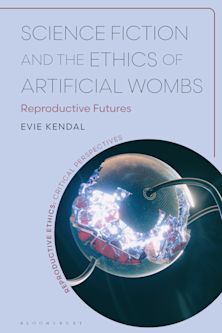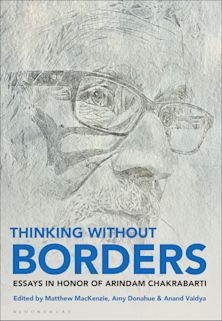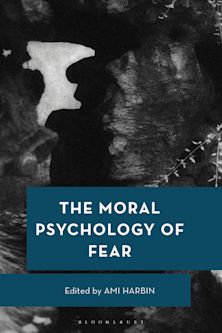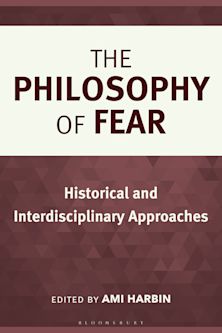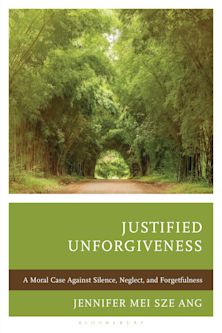- Home
- ACADEMIC
- Philosophy
- Ethics and Moral Philosophy
- Augustine and Roman Virtue
Augustine and Roman Virtue
This product is usually dispatched within 10-14 days
- Delivery and returns info
-
Free UK delivery on orders £30 or over
You must sign in to add this item to your wishlist. Please sign in or create an account
Description
This misapprehension is the assumption that the development of certain themes associated with medieval philosophy is due, primarily if not exclusively, to extra-philosophical religious commitments rather than philosophical argumentation, referred to here as the 'sacralization thesis'.
Brian Harding explores this problem through a detailed reading of Augustine's City of God as understood in a Latin context, that is, in dialogue with Latin writers such as Cicero, Livy, Sallust and Seneca. The book seeks to revise a common reading of Augustine's critique of ancient virtue by focusing on that dialogue, while showing that his attitude towards those authors is more sympathetic, and more critical, than one might expect. Harding argues that the criticisms rest on sympathy and that Augustine's critique of ancient virtue thinks through and develops certain trends noticeable in the major figures of Latin philosophy.
Table of Contents
Product details
| Published | 01 Sep 2008 |
|---|---|
| Format | Hardback |
| Edition | 1st |
| Extent | 220 |
| ISBN | 9781847062857 |
| Imprint | Continuum |
| Dimensions | 234 x 156 mm |
| Series | Continuum Studies in Philosophy |
| Publisher | Bloomsbury Publishing |
About the contributors
Reviews
-
'Augustine's criticisms in City of God of antique conceptions of virtue and happiness are well known, but it has remained doggedly unclear whether those criticisms are essentially philosophical in nature or the imposition of an alien theology on philosophical business. There is no better treatment of the issue in the literature than Brian Harding's patient analysis.' James Wetzel, Villanova University, USA
-
Mention -Book News, February 2009
-
Mention -Chronicle of Higher Education, February 13, 2009
-
"Harding's work uses well known material from The City of God to make an original and important point." The Philosophical Quarterly


















